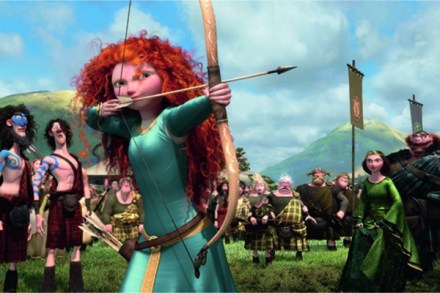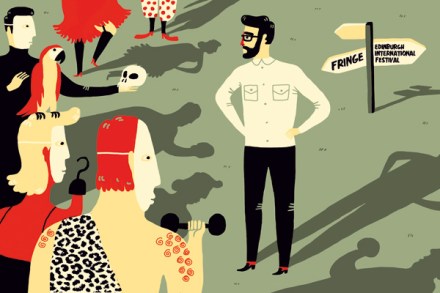Follow that dream
‘Our fate lies within ourselves. We just have to be brave enough to see it,’ says Princess Merida, the winsome, feisty heroine of Disney-Pixar’s latest animated romp Brave (PG, nationwide). ‘Why shouldn’t we choose our own fate?’ asks another character, chafing at the constraints imposed by family, duty and tradition. Why not, indeed? As Brave is set in Scotland — albeit an imagined Caledonia owing more to Ossian than history — the politics of the movie are inescapable. If you’re burdened with being Scottish, that is. The rest of the world can, and presumably will, enjoy this caper unburdened by such dreary contemplation. Nevertheless one can see why Alex Salmond















